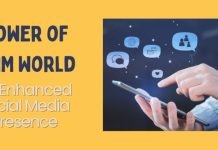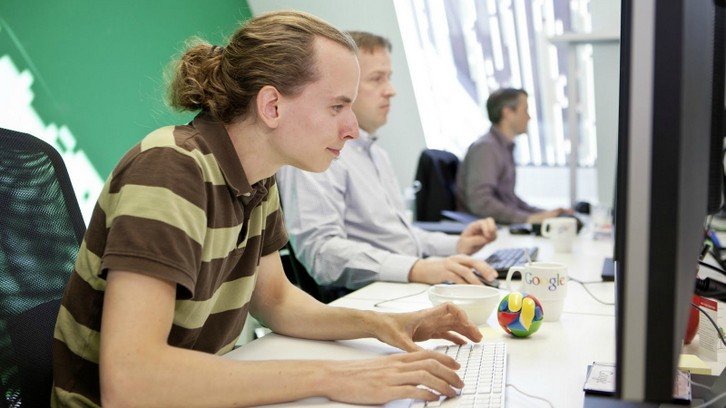Social Networking Giant Facebook is now ten years old. To celebrate, you will find apersonalised video of your time on the social network if you are so inclined. It weird but to think a decade ago, it did not exist or mattered significantly to our lives and how we communicate. Today it has 1.23 billion users and a whole generation of youngsters that cant imagine a world without it. On the Facebook blog, Mark Zuckerberg hints that the next ten years will be even better than the last. “The first ten years were about bootstrapping this network. Now we have the resources to help people across the world solve even bigger and more important problems”. That means connecting two-thirds of the world’s population who are not connected.
With all the concerns about privacy and snooping that surfaced last year, it would be great if Facebook were to start highlighting all the future innovations they are prepared to make in this regard. After all, a fully connected planet benefits whom ultimately? Dr Bernie Hogan, Oxford internet institute research fellow attributes Facebook’s success to timing, he says “Before Facebook, we had to cover up our identities online and there was uncertainty over who to trust. Facebook gave us the notion that it was safe, and useful.” That last point has always been my issue with Facebook, implied safety and security. Don’t forget, Facebook has not always been totally transparent when it came to security issues, and though Zuckerberg in his blog, talks about the future, involving search and complex problem solving and his need to serve us, we are still the product right?
So while we are about to ushered into a new globally connected world, KPMG’s head of Information Protection & Business Resilience Malcolm Marshall argues that we have only just seen the start of a brewing social media revolution. He says: “In the last 10 years Facebook has grown to 1.2 billion active users, with a revenue of $7.9 Bn in 2013. Big numbers, but also just $6.50 of revenue for each active user. So the question is: how can we help users get more from their social media and really grow the market?” “ The market is only just beginning to mature. As it grows we can expect users to become far more savvy about the value of their information, and the return they demand from offering a window into their lives and hopes.”
Privacy is ultimately a personal choice, but that needs to be an educated choice, with more transparency about the trade social media platforms offer users between their privacy and the marketing or provision of tailored services. Society will debate people’s rights over their data, and rightly demand market models which allow users to share in the value generated from that data. All of this must be founded on trust between users and social media providers.
I am all for revenue share but are the social networks? Perhaps in a decades time, a new wave of disruption and new breed startups will give Facebook cause to rethink its ever evolving model. While no one took the Princeton study seriously, I think Facebook should not be to confident about their future despite the huge resources at their disposal. Malcolm Marshall raises a crucial point that we all need to remember: “Social media is not beyond law, albeit that jurisdiction is tricky to determine, and we can expect more cases around defamation and even debates on just who owns the rights to your social media presence after death. Governments will start to concern themselves more with the functioning of the market, challenging monopolies and anti-competitive behaviours. All of this comes with a maturing market, but I am under no illusion how difficult this will be in such a rapidly changing environment.”
The internet of things will make it easier for our data to be traded, even your dishwasher will be able to snitch on you. While from a geek’s perspective, it might be cool to watch innovative startups spring up to exploit the huge tide of data, Malcolm says “While that data is a goldmine for commerce, it is also a wonderful opportunity for organised crime and, as Edward Snowden’s disclosures have shown, for intelligence services.”
Image credit via tednguyenusa

Hayden Richards is Contributor of IntelligentHQ. He specialises in finance, trading, investment, and technology, with expertise in both buy-side, sell-side. Contributing and advising various global corporations, Hayden is a thought leader, researching on global regulatory subjects, digital, social media strategies and new trends for Businesses, Capital Markets and Financial Services.
Aside from the articles, interviews and content he writes for IntelligentHQ, Hayden is also a content curator for capital markets, analytic platforms and business industry emerging trends. An avid new media explorer Hayden is driven by a passion for business development, innovation, social business, Tech Trading, payments and eCommerce. A native Trinidadian, Hayden is also a veteran, having served with the Royal Air Force Reserves for the past 10 years.
Follow Hayden on Twitter @HaydenARichards, linkedin.com/haydenhrichards and http://www.scoop.it/u/hayden-richards




























